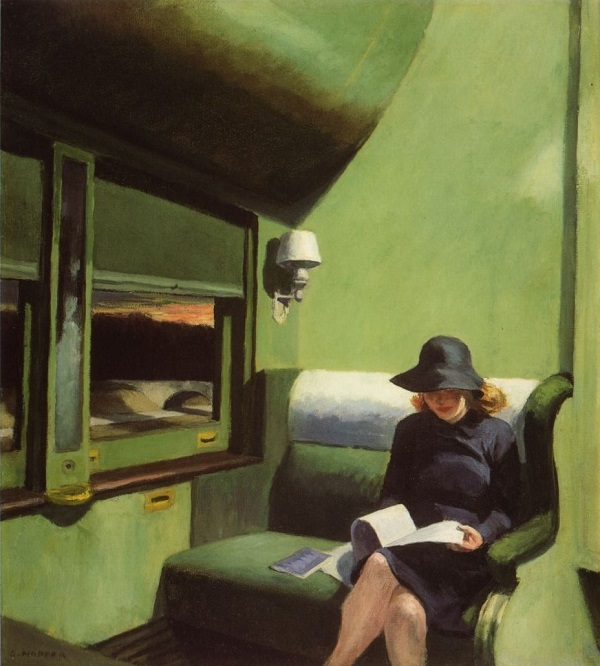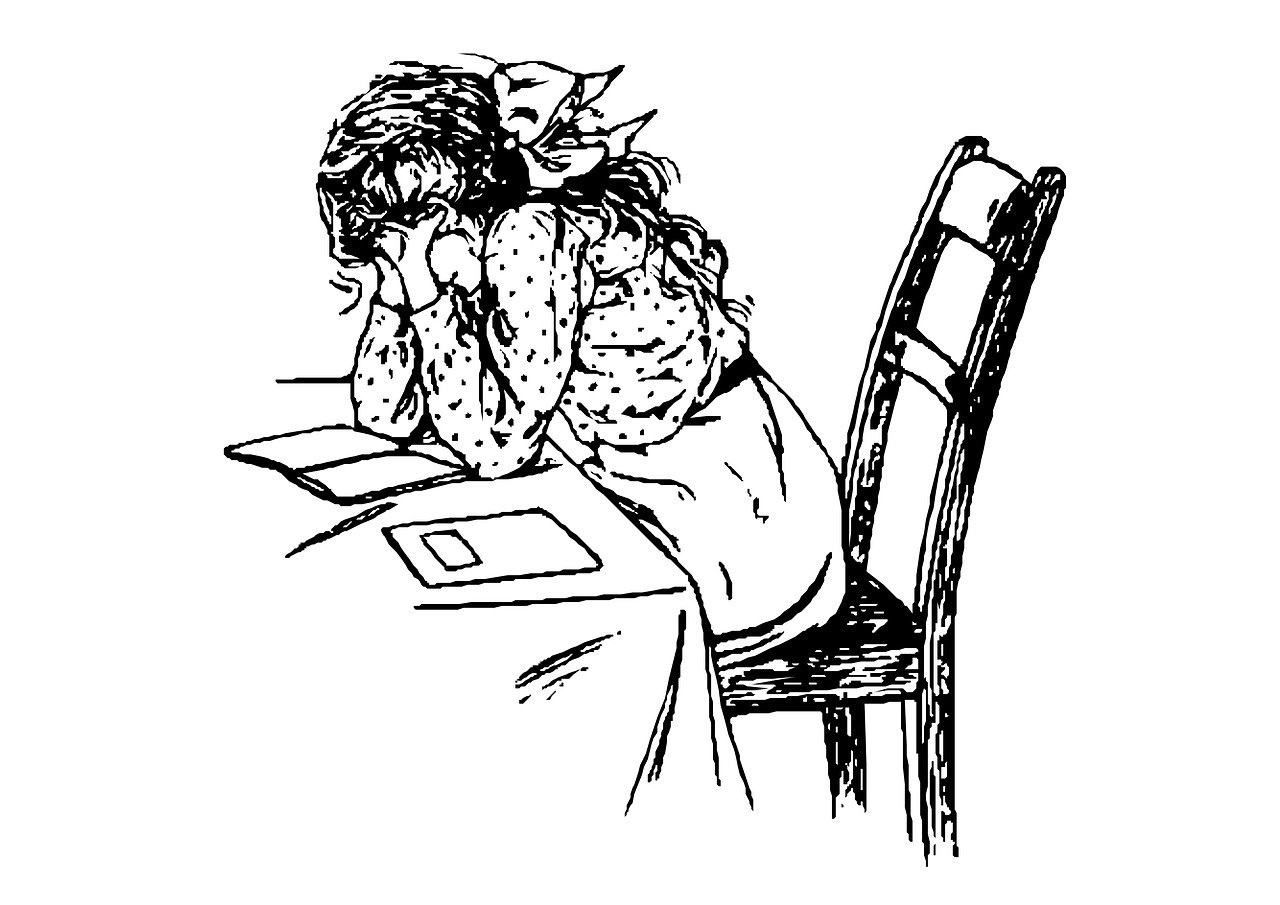
“Why are you so quiet?”
This reoccurring question has haunted me my entire life and will, I imagine, continue to haunt me. As many of you may know or have come to understand, I am an introvert. I prefer listening to speech, small huddles or one-on-one conversations to large groups, renewing my energy in solitude to “relaxing” with friends, and a cup of tea and a volume to a karaoke bar.
When asked this question again recently, my heart trembled. I felt weary and unnerved. In this age when boisterousness is elevated, it feels criminal to be the “quiet one.” There is a perpetual pressure to fill the silence with nothings. To speak quickly and sharply. While my friend did not mean to injure me, the question sent me on an inner spiral of shame, and I questioned my self-worth. Quietude is central to who I am and is so often misunderstood. Thus, this defense is addressed to the noble-hearted who seek to better understand the “quiet ones” in their lives.
“…a time to be silent and a time to speak…”
Ecclesiastes 3:7
1. I am watching you
Okay, not just you — everything, which encompasses you. When in large groups, I, by default, observe. I forget my existence, so absorbed am I in the expressions and tones of others. The twitch of an eyebrow, the curve of a mouth, the tremble of hands, the subtle shift in tone, the spasmodic crease of eyes — I am invested in the non-verbal cues as well as the verbal. As I place my energy in reading people, I naturally speak less. Especially in unfamiliar groups, I need to observe others and discern the environment before I feel comfortable speaking.
2. I know the mood
I sense people’s moods. I am attuned to their emotional level and attention span. I know when they need a listening ear and do not have the mental capacity for a two-way dialogue. I know when their mind and eyes are elsewhere. I know when there is so much internal chaos that external noise — my words — will fall flat on their ears. This consciousness allows me to meet the needs of my friends and foster deep empathy. Yet, I can feel frustrated when my conversation partner is not self-aware and, after a lengthy monologue, poses the “quiet” question.
3. I feel exposed
For introverts, talking requires additional effort and energy. When I speak, the attention is focused on me. And that can be incredibly frightening, regardless of the situation. Accustomed to listening and observing, I feel exposed when I speak, as if ten telescopes were pointed in my face. (And all I want is for everyone to look through a kaleidoscope). While I understand the element of irrationality in this perception, speech can still be mentally and emotionally draining.
4. I cannot express
As an intuitive feeler, verbalizing my internal world is acutely difficult. So much of my life is lived in my head. I think abstractly — in images, in symbols, in the realm of the theoretical. As a result, I find it challenging to translate my thoughts into concrete words. Further, I process information more slowly. I like to take time to ponder ideas and opinions before I voice them. This is why I love writing. Paper has patience. It gives me the time and space for contemplation. It does not zone out, glance at its watch, or interrupt me with assumptions. It waits to be molded and ordered with purpose and coherence. Yet, while I thrive in the realm of the written word, these aspects of how I see the world and interpret information inhibit my speech. Thus, most of my conversation revolves around asking other people questions and listening to them. I have only a few friends with whom I truly feel comfortable expressing my incoherent, abstract musings.
5. I care
Silence does not signify distance. On the contrary, it signals a deep intimacy. By listening, I love people. I care about them so much that I focus my full attention on them. And that means forgetting myself. And forgetting I can talk.
So, dear friends. If you have “quiet ones” in your life, please be patient with them. They have so much of value to offer to the world — it will just take a little longer to showcase it. Respect their silence and space but take a genuine interest in what they say when they do speak. And, to the “quiet one” reading this, your inner world is cherished. Share it with those whom you trust. People want to hear you.
DALAT LITERARY MAGAZINE As Editor-in-Chief of Dalat's literary magazine The Scrivener, it is with great pleasure that I share with you our published issue for the year 2022-2023. It has been a delight to work with fellow students in polishing and compiling these pieces. I have a poem of mine in the journal, as well. Happy reading!
What about you? Are you a “quiet one”? What is your experience with quietude? Let me know your thoughts by replying to this email or commenting on the blog. I love to hear from you.


2 responses to “A Defense of the “Quiet Ones””
That was truly amazing! I definitely felt relatable to everything you wrote!
This was so beautifully written, Abigail. I could relate and agree so much to all of these points. Thank you, for your defense of the quiet ones 🙂